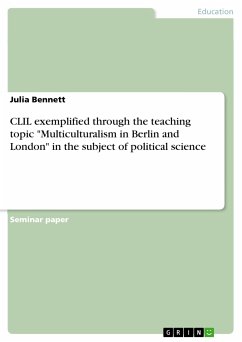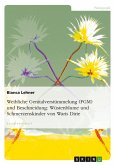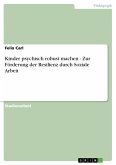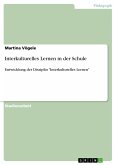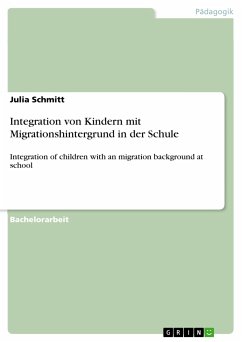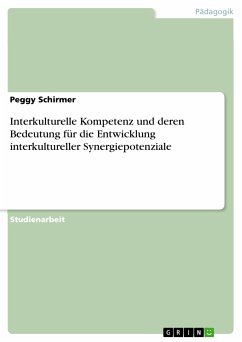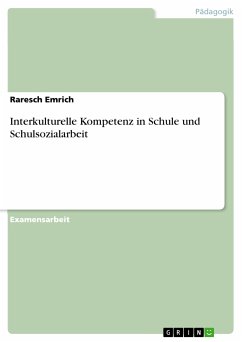Seminar paper from the year 2010 in the subject Pedagogy - Intercultural Pedagogy, grade: 2,0, University of Kassel (-), course: Introduction to Bilingual Teaching, language: English, abstract: 1. Introduction In this paper, I would like to clarify the importance of bilingual teaching as an innovative and modern development in scholastic education. I would like to do so on using as an example of a lesson I developed on “multiculturalism in Berlin and London” which could be subject matter for a 9th grade political science class in Germany. A requirement for the topic of this paper was to combine the two courses of module 5b ("An Excursion to London," and "Introduction to Bilingual Teaching"), which I attended during summer semester 2009 and winter semester of 2009/ 2010, with my content subject, political science. At the beginning of my work, I would like to define the term "Content and Language Integrated Learning" (CLIL) and thus point out the inconsistency in the usage of this term. Furthermore, I would like to focus on various justifications for bilingual teaching. In this context it is important to examine and illustrate the importance, potential, and future prospects of CLIL. In addition, this work demonstrates the objectives of bilingual teaching. The concept of bilingual teaching is supported by the paradigm of Language Awareness which will be discussed in detail in this paper. Another focus of this work will be to put CLIL into a suitable context within the chosen topic of multiculturalism in the European metropolises of London and Berlin. The broad term “multiculturalism” will be defined in advance in this work in order to avoid misunderstandings. Moreover, I will present some material for bilingual political science that I partly used as a becoming teacher during my internship in a German High School in the city of Kassel. This material mostly consists of empirical data about the ethnic population structure in London and Berlin that should be analyzed and evaluated by the students.
Bitte wählen Sie Ihr Anliegen aus.
Rechnungen
Retourenschein anfordern
Bestellstatus
Storno

